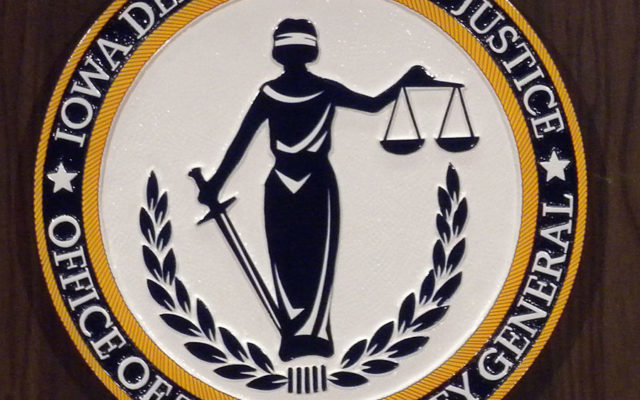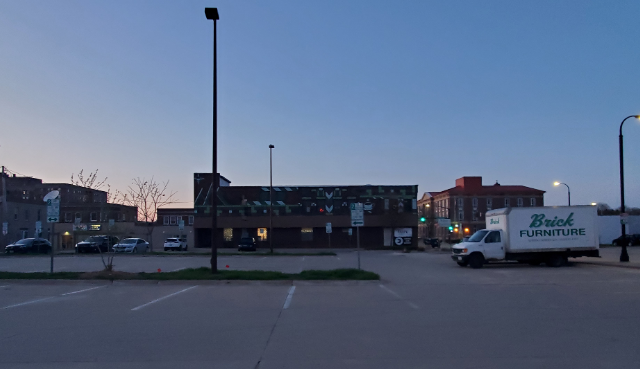Funding woes leave Iowa crime victim support groups in limbo

DES MOINES, Iowa – Iowa groups that assist survivors of domestic violence and other crimes are struggling as a key federal funding source almost evaporates. They’re concerned little help will be available if Congress doesn’t intervene, especially for people in marginalized areas.
Money for the Victims of Crime Act comes from fines in federal criminal cases, but changing strategies by prosecutors have meant fewer deposits, and the pandemic delayed court proceedings.
Lori Miller, victim service grant administrator at the Iowa Attorney General’s Office, said the funding cut will be shared by groups across the state, including those that are culturally specific – whose clients already face barriers in getting help.
“A lot of our refugees aren’t always comfortable going to established organizations to seek help,” she said. “Maybe they don’t know how to navigate the system. They don’t always understand the languages.”
The groups use these funds to provide support services, from relocation to access to therapy, for crime victims. The state has estimated that 5,000 people would go unserved in the coming fiscal year, and 23,000 the following year. That’s unless Congress gives final approval to a bipartisan bill to redirect fines from deferred prosecution back into the fund, among other fixes.
The measure has cleared the House, but hasn’t received a Senate vote. Miller noted that Iowa’s share of VOCA funding once grew to nearly $30 million, but has since fallen to $10 million. She added that groups that rely on these grants have other budget stresses to deal with.
“We are also coming out of a pandemic where all of our grantees canceled fundraisers,” she said. “They didn’t have the volunteer staff that they used to have. They didn’t have the donations that they used to have.”
Survivors’ advocates also worry they’ll be targets of future crimes with fewer places to turn for support. The House bill is backed by members of Iowa’s congressional delegation. Meanwhile, local groups are calling on Iowa legislators to boost state funding to help close the gaps.




